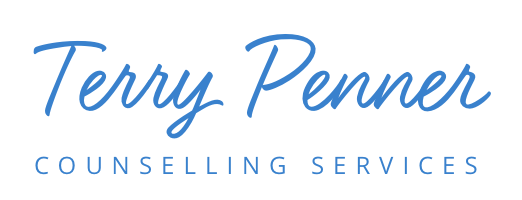Approach to Addiction Counselling
All addictions have something in common: a repetitive pattern of use that creates problems for the individual.
This can include a negative impact on physical, mental or emotional health or problems for those who are connected to that individual such as marital issues, performance problems on the job, or social strain with friends due to inappropriate behaviours associated with the addiction. By the time someone shows for addiction counselling there has often been a crisis or event that precipitated making the appointment such as the threat of losing a marriage or job loss if performance problems continue. As a result, the client often present as a bit shell-shocked, either confused or angry about having to be in a position of seeking help for a problem that they may not even agree that they have.
Once in counselling, the client is encouraged to look more closely at how they are using substances, gambling etc in their life. The spectrum of normal use, abuse and dependence are discussed allowing the client to place themselves where they believe they fit. The purpose of using a spectrum is to help the client get out of the "I either do or do not a have a problem" position which they are often in with their spouse or employer.
Once the client accepts where they are in this spectrum we can begin to discuss the necessary changes they will need to address. Doing so develops the counselling goals collaboratively increasing the chances of a client buying into these goals. The goals, however, need to realistic with where the client is on the spectrum. For example, if an individual has been drinking in a daily excessive manner for several years and is experiencing blackouts and regular personality changes (usually from good to bad) they are not likely going to be successful at "moderating" their drinking. Usually, they have already tried this approach with short-term success only to relapse back to previous patterns… If another client has been increasing alcohol consumption in the last few months and believes that this is out of character for them they may have a goal of learning how to moderate their drinking in high-risk situations such as extreme stress.
Stages of Addiction Counselling
In the initial phase of counselling, the goals are to address the addictive or abuse pattern and as such all efforts at change are targeted on this goal. The client is assisted in understanding all high-risk contexts including moods, places such as frequently visited bars and restaurants, and friends that may be associated with the addictive pattern. Most importantly the client is helped to understand their permission giving or "addictive voice" that allows them to return to the addictive pattern. For example, a typical permission giving voice may say "go ahead you deserve to have a drink, you have been good this week" or "I will just have one then stop, I know if I work at this I can control it". Once the client discovers their particular way of talking themselves back into using whatever substance, they can begin to challenge this voice more effectively with counselling help. The permission giving or "addictive voice" occurs with all addictions and once discovered can be very instrumental in producing change.
Once the additive or abuse pattern has been successfully changed, phase two of counselling can begin. In phase two we more closely examine underlying issues that possibly underpin the addictive pattern. For example, unresolved self-esteem issues or depression may pre-date the addictive pattern. Clients often will often want to discuss the "whys" of their addiction first but to do so first only leads down pathways that keep the addiction pattern alive. Addiction and abuse create enough of their own problems that need to be addressed first before attempting to understand and treat deeper level issues.
Terry Penner is an experienced addiction counsellor in Calgary and may be able to help with your situation. You can book an appointment with Terry Penner directly at (403) 283-7351.
